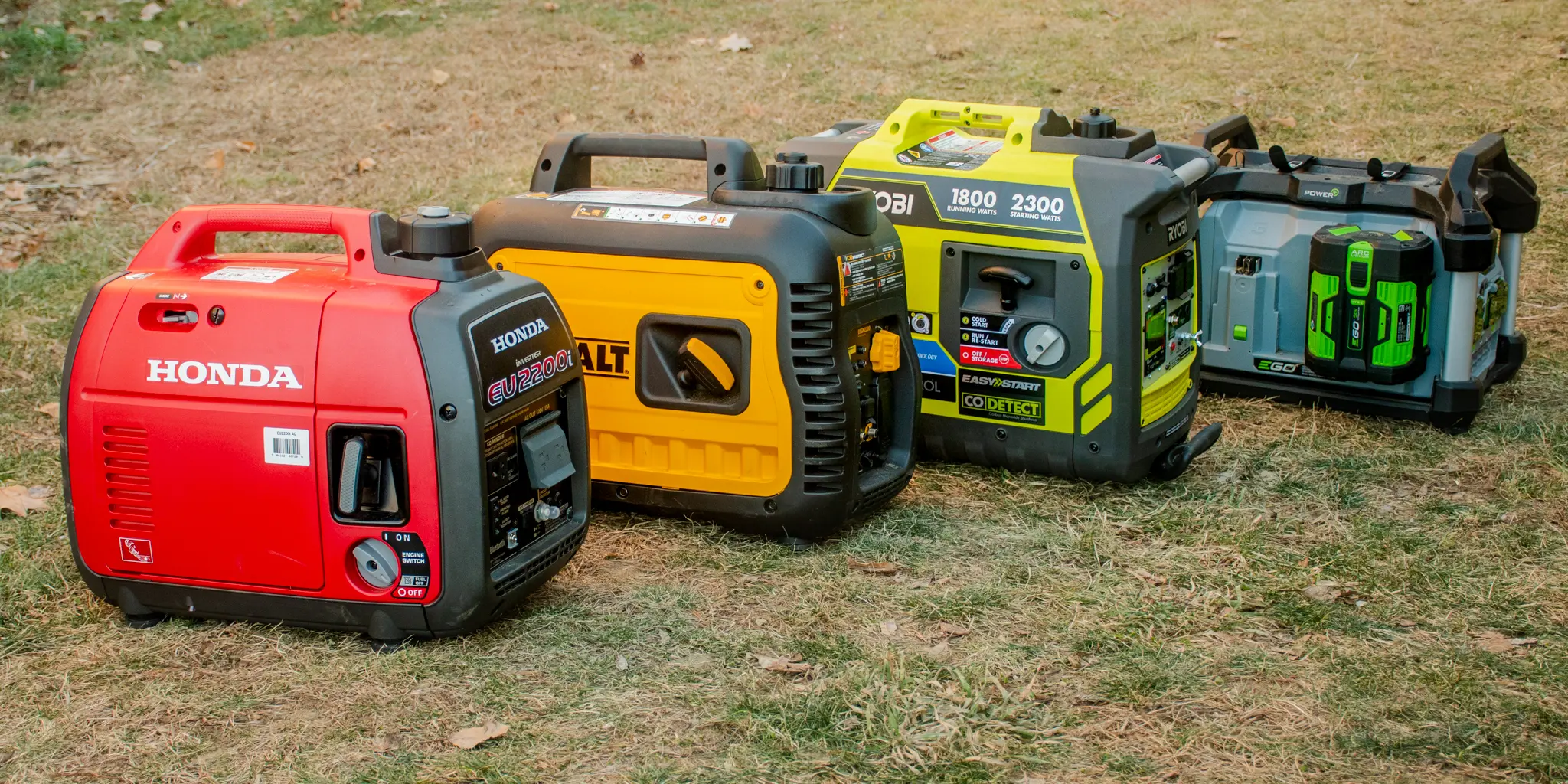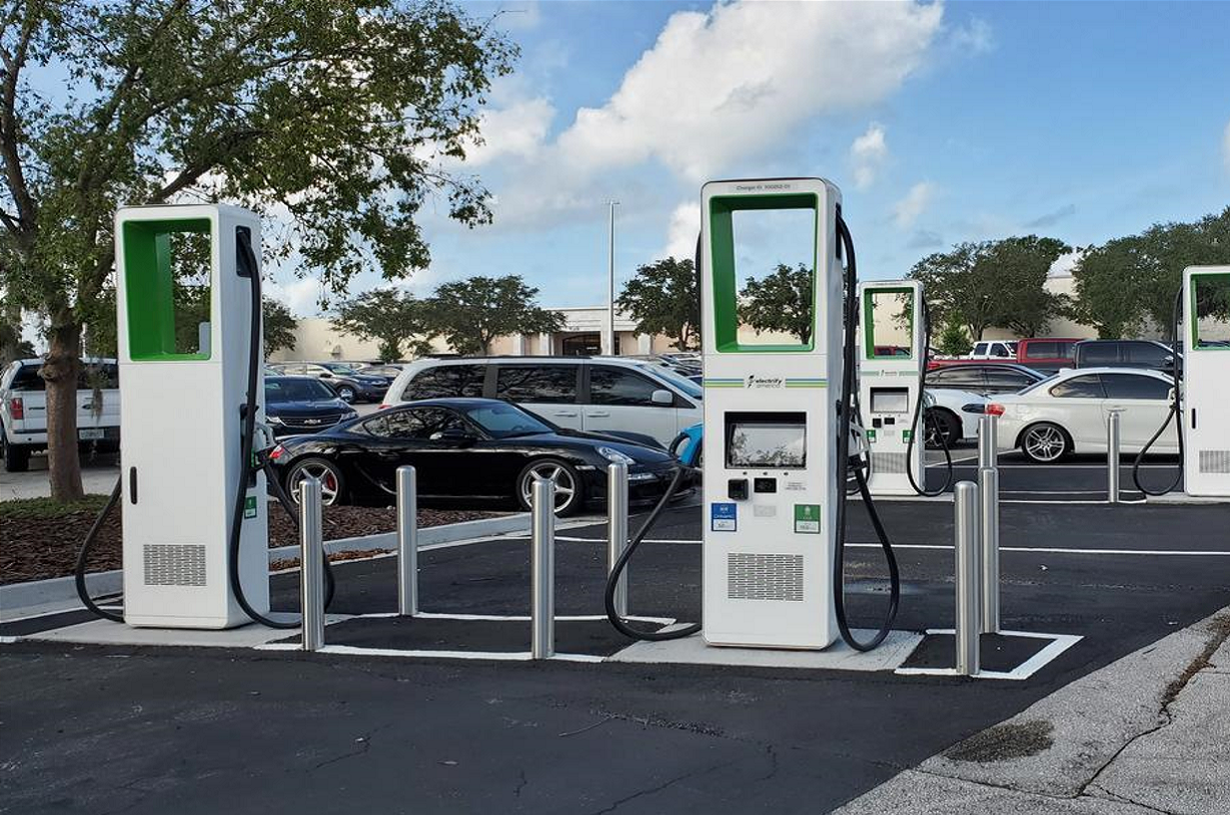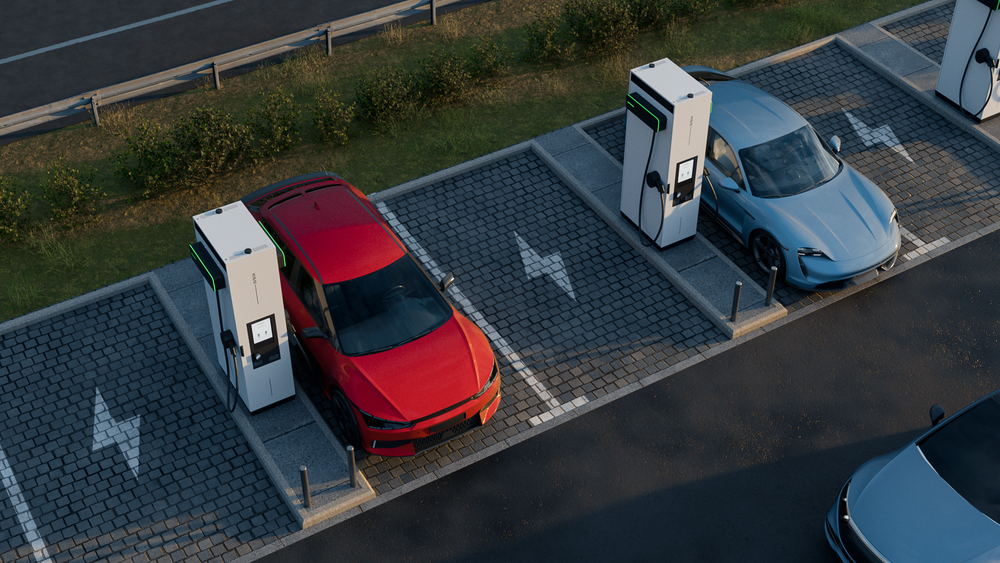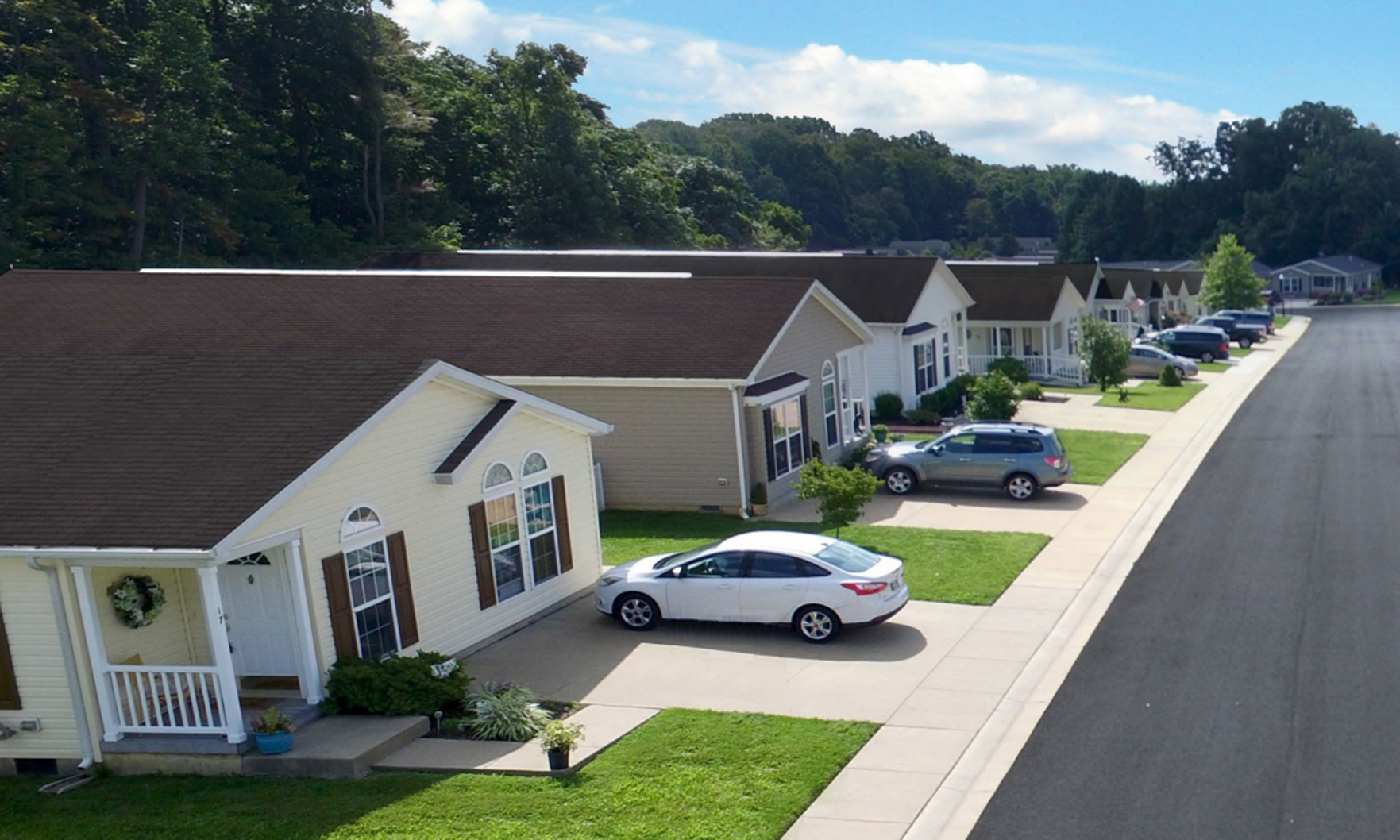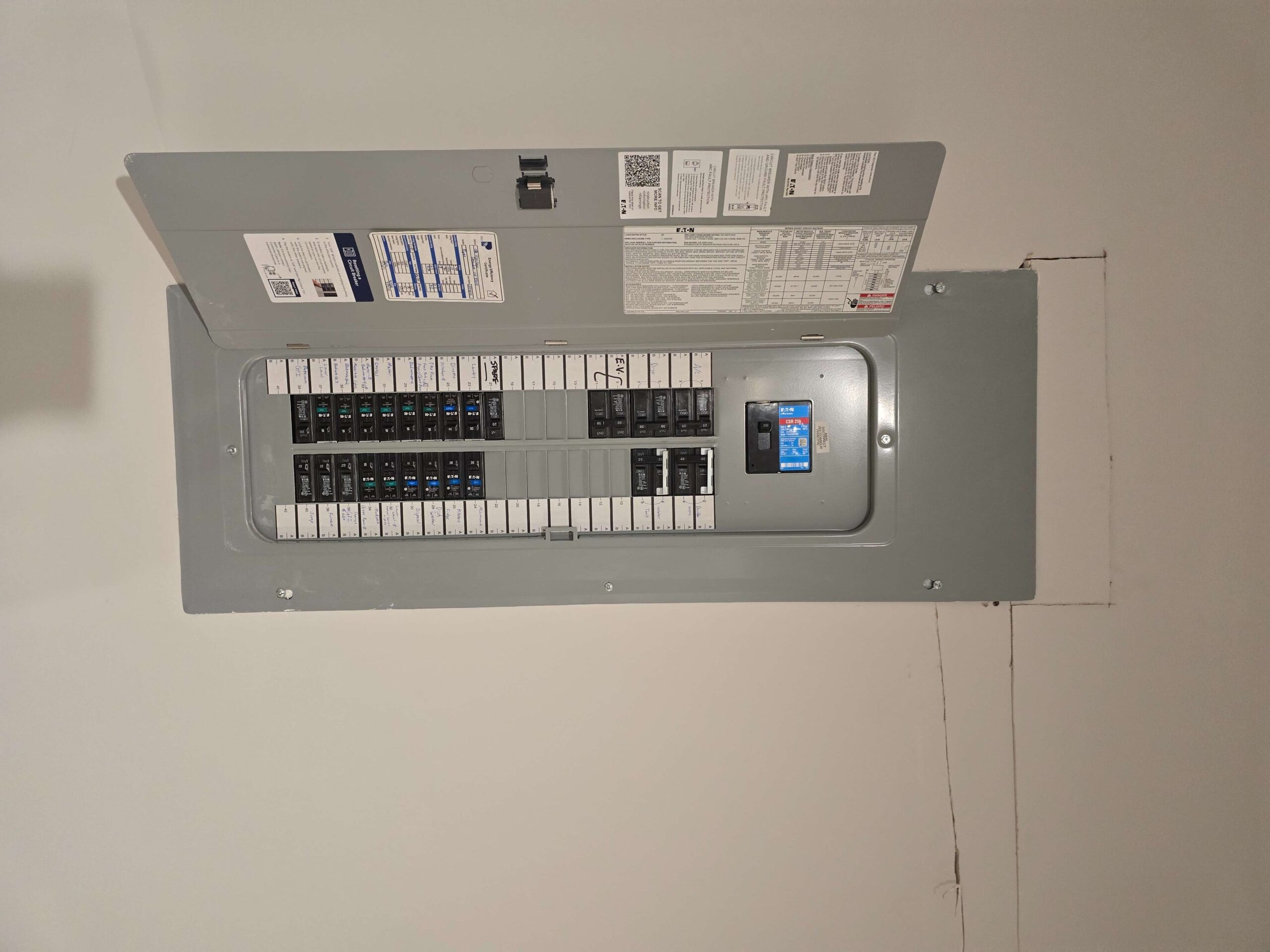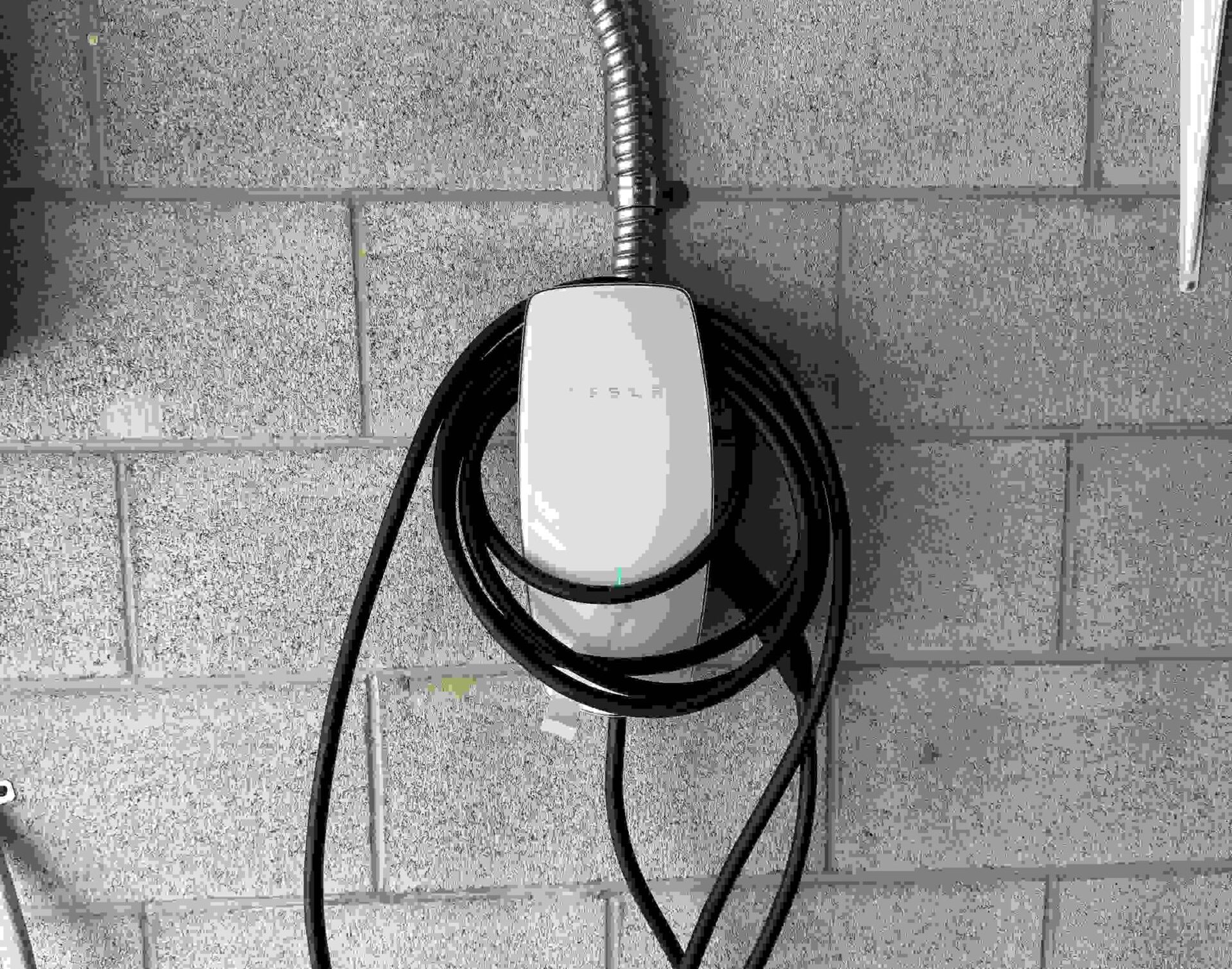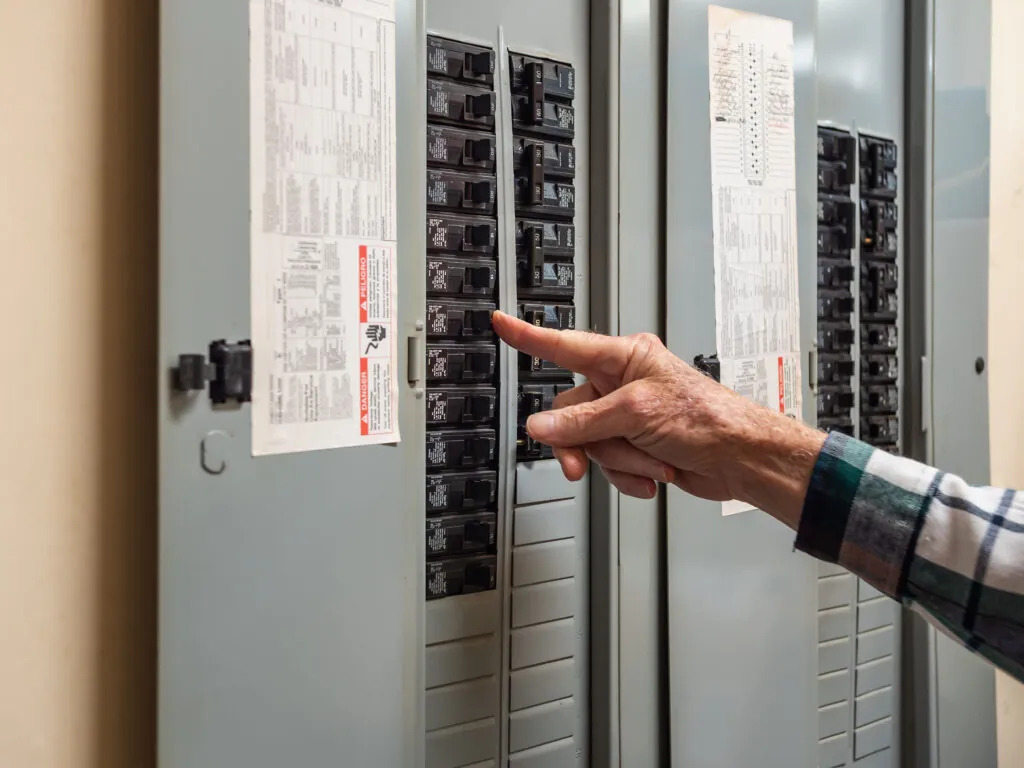
Picture this: It’s a chilly evening in Columbus. You’ve got the space heater on in the living room, the oven is preheating, and you’re charging your phone. Suddenly, everything goes dark. The house falls silent. You’ve experienced the classic case of a circuit breaker tripping. While this is a common and often harmless event, a constant circuit breaker tripping is a clear sign that something is wrong with your home’s electrical system. It’s a warning from your house, and it’s one you shouldn’t ignore. Understanding the reasons behind circuit breaker tripping can help you address the issue effectively.
At Electric Medic, we get calls about this every single day from homeowners in Worthington, Dublin, Westerville, and all across central Ohio. It’s a frustrating puzzle: why does the power keep cutting out? The answer isn’t always as simple as “too many things are plugged in.” It could be a sign of a deeper, more serious issue. Understanding the root cause is the first step toward a safer, more reliable home.
In this article, we will discuss the implications of circuit breaker tripping and why it’s essential to consult an expert for a thorough evaluation.
What Happens When a Circuit Breaker Trips?
A circuit breaker is a vital safety device. Its job is to protect your home’s wiring from a sudden surge of electricity that could lead to overheating and a potential fire. Think of it as a bouncer at a club. It lets a certain number of people (electricity) in, but if too many try to enter at once (an overload), the bouncer (the breaker) slams the door shut to prevent chaos. The tripping action is the door slamming shut.
The breaker is designed to detect three primary problems:
- Overcurrent: This is the most common reason. When you plug in too many high-wattage devices on a single circuit, the circuit draws more amps than it’s rated for, causing an overload.
- Short Circuit: This is a more serious issue. It happens when a “hot” wire touches a “neutral” wire, creating an uncontrolled flow of electricity. This can be caused by damaged appliance cords, faulty wiring, or even a nail accidentally driven through a wire in the wall. The breaker reacts instantly to prevent a fire.
- Ground Fault: This occurs when a “hot” wire touches something it shouldn’t, like a metal appliance casing, or a person. This is often what a GFCI (Ground Fault Circuit Interrupter) outlet is designed to protect against in wet areas like kitchens and bathrooms.
So, when your breaker keeps tripping, it’s doing its job. The real question is, “Why is it doing its job so often?”
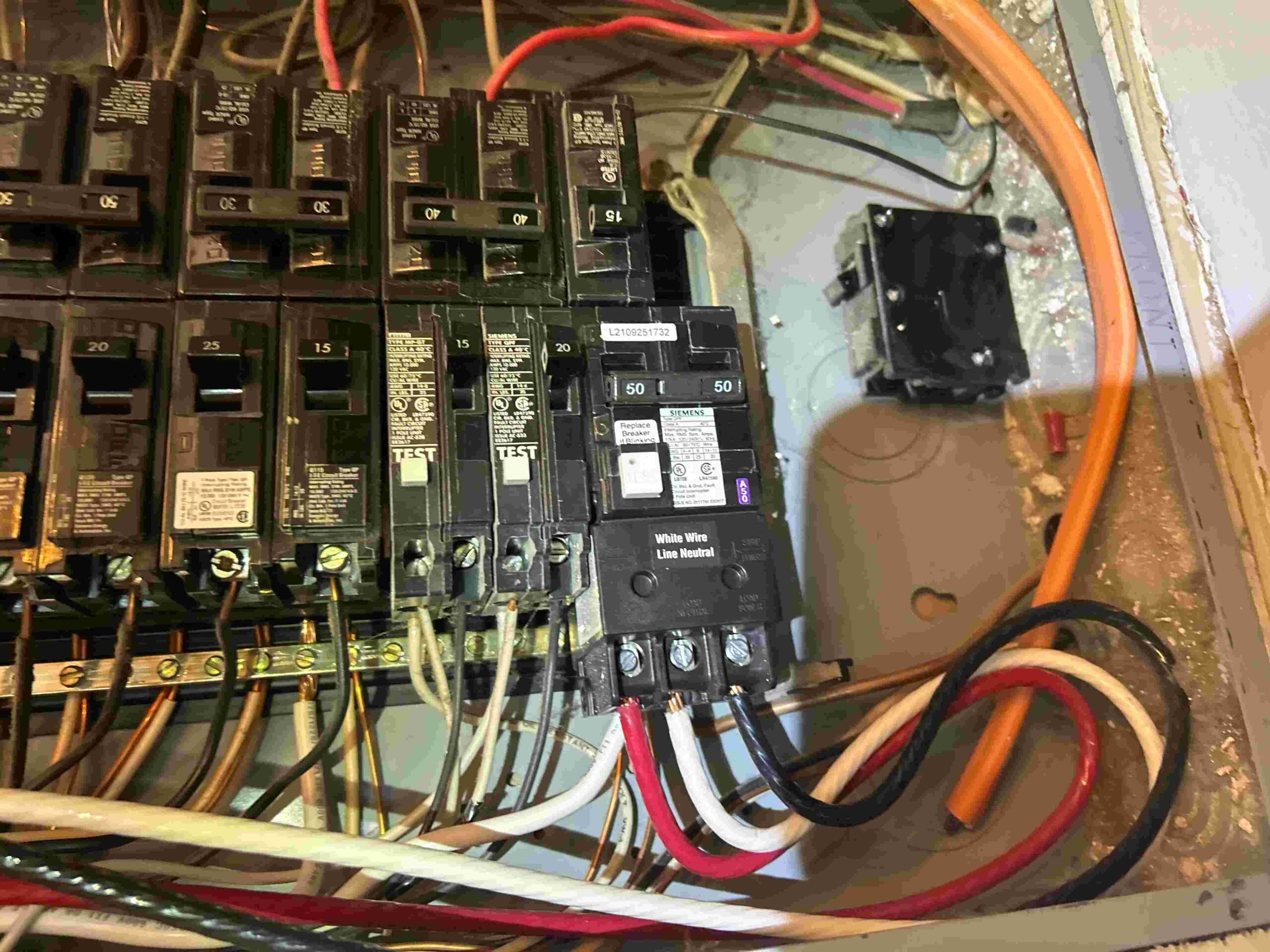
5 Common Reasons Why Your Breaker Keeps Tripping
Let’s get into the specific scenarios we see all the time here in Columbus, Ohio. Knowing the cause can help you troubleshoot and decide when it’s time to call in a professional.
1. The Overloaded Circuit: The Most Common Culprit
This is the scenario everyone thinks of first. You’ve got a single breaker controlling all the outlets in your bedroom. You plug in a TV, a computer, and a high-power space heater. The heater alone can draw most of the power the circuit can handle. Add in the other devices, and you’ve exceeded the breaker’s capacity. The result? Your circuit breaker keeps tripping. This is especially common in older homes in areas like Dublin and New Albany, which weren’t built with modern power demands in mind.
Solution: The easiest fix is to unplug some devices and distribute your appliances to different circuits. If this isn’t practical, you may need a dedicated circuit installed for high-power devices like a window AC unit or a space heater.
2. A Damaged or Faulty Appliance
Sometimes the problem isn’t the circuit; it’s what’s plugged into it. A faulty appliance can draw too much power, causing a short circuit or an overload. This is why a water heater fuse keeps tripping or a heat pump keeps tripping the breaker. These are high-amperage appliances that, when something goes wrong internally, can immediately overload the circuit. The breaker switch keeps tripping as a result.
Solution: Unplug the appliance and try to reset the breaker. If the breaker holds, the appliance is likely the problem. If it’s a small appliance, you might consider replacing it. For a major appliance like a water heater or a heat pump, it’s best to call a professional to diagnose the issue.
3. A Short Circuit in Your Home’s Wiring
This is a more serious and potentially dangerous issue. A short circuit happens when a hot wire touches a neutral wire. The path of least resistance is created, and the current flow becomes massive and unregulated, causing the breaker to trip instantly. We’ve seen this happen when a homeowner in Hilliard or Pataskala accidentally drives a nail through a wire while hanging a picture. A breaker trips immediately after reset when a short circuit is the problem, often accompanied by a spark or a burning smell.
Solution: If you suspect a short circuit, do not attempt to fix it yourself. This is a job for a licensed electrician. They have the tools and expertise to find the short, whether it’s in the walls, an outlet, or a junction box, and repair it safely.
4. An Overloaded or Failing Breaker Box
Sometimes the problem is with the breaker itself, not the circuit it protects. If you have an old, rusty, or damaged breaker, it might become weak and trip more easily, even with a normal load. A sign of this is a circuit breaker getting hot and tripping, or a 100-amp breaker getting hot and tripping. This heat is a sign of resistance and is extremely dangerous. The breaker itself is failing to handle the current it’s designed for.
Solution: Do not ignore a hot breaker. This is a fire hazard. Immediately turn off the main power and call an electrician. You may need to replace the individual breaker or, in some cases, the entire electrical panel. We often see this with outdated panels in older homes in Worthington and Gahanna.
5. Outdoor Conditions and Faults
The elements can also play a role. If your circuit breaker trips when it rains, it’s a red flag that an outdoor circuit (like one for a patio light or a well pump) has water intrusion. Water is a conductor, and it can cause a ground fault. Similarly, a breaker tripping after lightning is a sign that a lightning strike or a nearby power surge has damaged an appliance or a part of your system. A well breaker keeps tripping is a common call we get after heavy rains.
Solution: Unplug all outdoor devices on the circuit and wait for the rain to stop. If the breaker holds, the problem is with an outdoor outlet, light, or appliance. If it still trips, there’s a serious wiring issue. An electrician can test and repair the outdoor circuit safely.
When to Call an Expert: Don’t DIY Electrical Work
We know the temptation to save a few bucks and try to solve the problem yourself. But when it comes to electricity, a DIY approach can be deadly. Here’s why you should always call a professional for a constant breaker tripping problem:
- Safety: Electricity is not a toy. One wrong move can lead to severe injury or even a fatal shock. Licensed electricians have the training and safety equipment to do the job right.
- Accuracy: We have diagnostic tools to pinpoint the exact cause of the problem. We can determine if it’s a short, a ground fault, a failing breaker, or an overloaded circuit.
- Code Compliance: Electrical work must be done to meet strict local codes in Columbus and surrounding cities. An unlicensed repair could cause problems down the line, and you could fail an inspection if you ever sell your home.
Whether you’re dealing with a breaker switch that keeps tripping or your spa keeps tripping the breaker, a professional can give you the peace of mind that comes with a job done right.
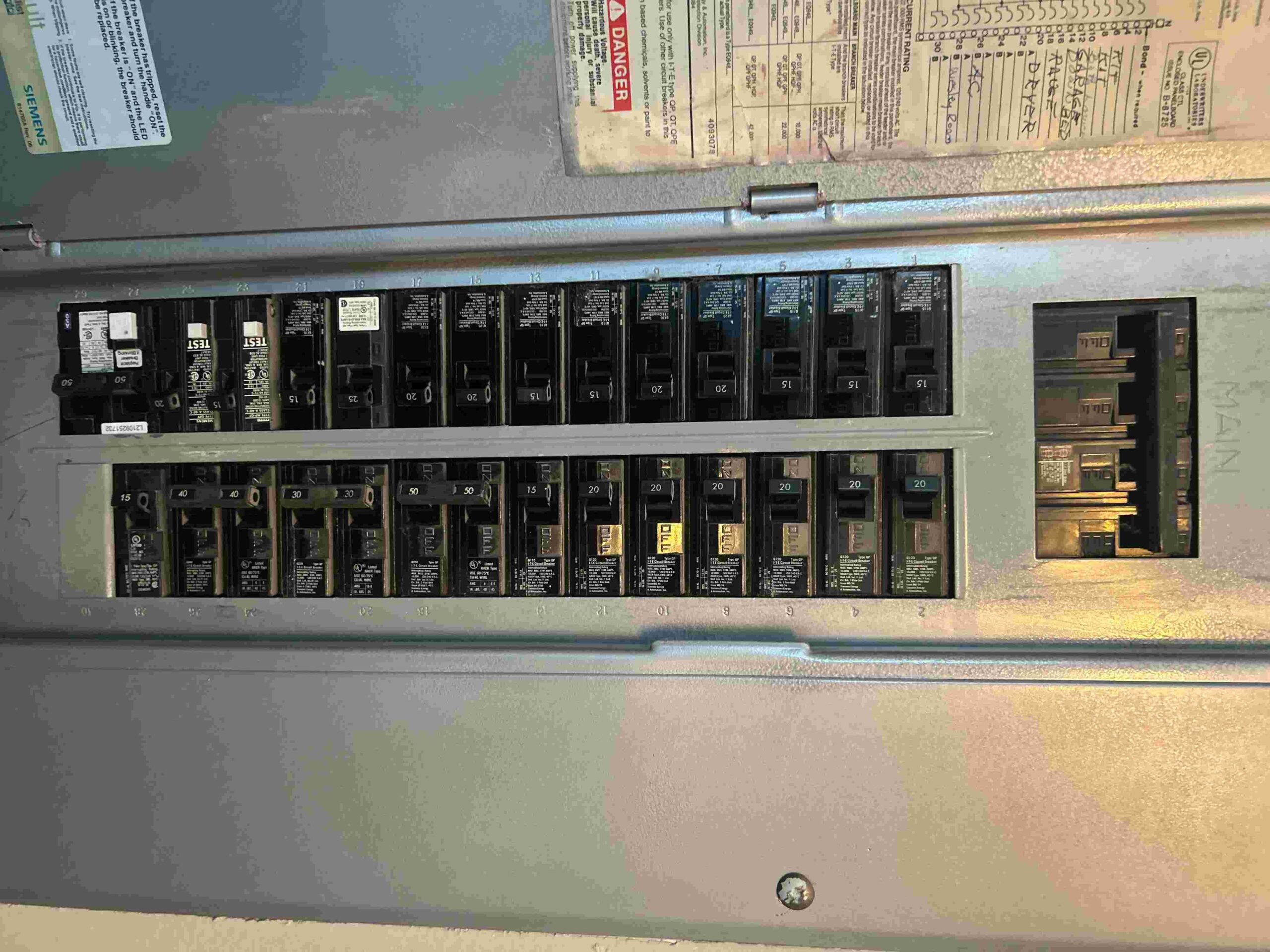
FAQs on Circuit Breaker Tripping
Q: Why does my circuit breaker start tripping suddenly?
A: Sudden tripping can be caused by a new appliance, a faulty device, a loose wire connection, or an internal fault in the breaker itself. It’s often a sign that something has changed in your electrical system.
Q: Why does my breaker keep tripping with no load?
A: If a breaker trips with nothing plugged into its circuit, the problem is most likely a short circuit in the wiring itself or a faulty breaker. This is a serious issue that needs immediate professional attention.
Q: Why does my breaker switch keep turning off?
A: This is the same as a breaker tripping. It’s a safety feature doing its job. The most likely causes are an overload, a short circuit, or a failing breaker.
Q: My breaker doesn’t trip, but no power?
A: If a circuit has no power but the breaker is not tripped, it could be a bad connection, a broken wire, or an issue with the breaker itself that is preventing it from completing the circuit. This is a job for an electrician to diagnose with a voltage meter.
Q: What is the difference between a fuse and a circuit breaker?
A: A fuse is a one-time use safety device. When it blows, you have to replace it. A circuit breaker is a reusable switch. When it trips, you can simply reset it.
Q: Can a ceiling fan tripping breaker be fixed?
A: Yes. This is a common problem. It could be a faulty motor in the fan, a loose wire in the fan’s housing, or an overloaded circuit. An electrician can quickly diagnose and fix the issue.
Q: How can I tell if a breaker is bad?
A: Signs of a bad breaker include being hot to the touch, making a buzzing sound, or tripping frequently with a normal load. If the switch feels loose or doesn’t stay in the “on” position after being reset, it’s likely faulty.
Q: What’s the difference between a regular breaker and a GFCI/AFCI breaker?
A: A regular breaker protects against overloads and shorts. A GFCI (Ground Fault Circuit Interrupter) breaker protects against ground faults, especially in wet areas. An AFCI (Arc Fault Circuit Interrupter) breaker protects against dangerous electrical arcs that can cause fires.
Q: Should I try to reset the breaker myself?
A: Yes, you can. First, turn off or unplug anything on the circuit. Then, firmly push the breaker to the full “off” position before switching it back to “on.” If it trips again, do not continue to reset it. Call an electrician.
Q: Why does my house breaker keep tripping?
A: This indicates a widespread, systemic issue. It could be an outdated electrical panel, a major short circuit, or a failing main breaker. This requires a professional inspection to identify and fix the underlying problem.
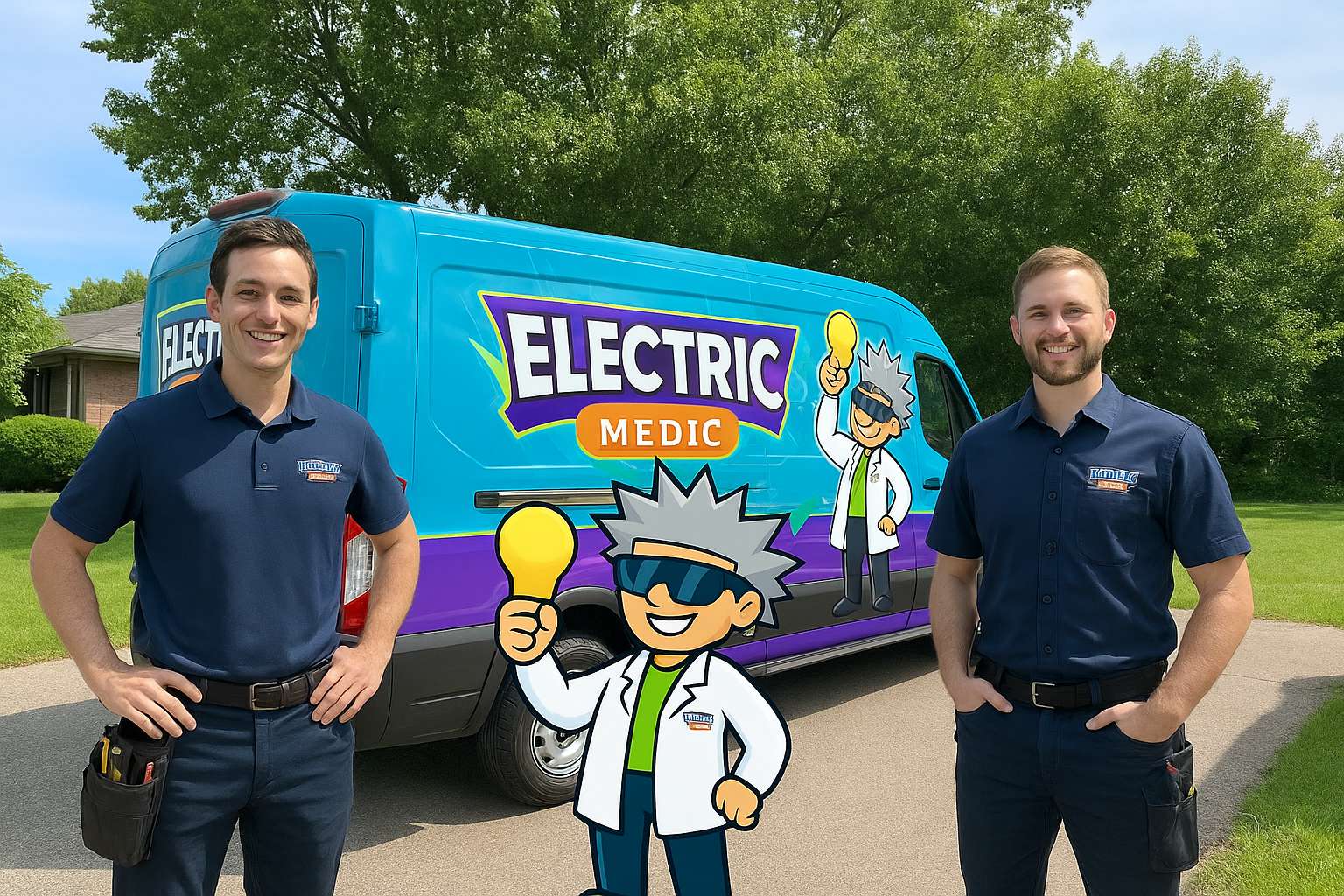
Don’t Let a Tripping Breaker Ruin Your Day. Call (614) 866-6020
A constantly tripping circuit breaker is more than just a nuisance; it’s a call to action. It’s your home’s way of telling you that its electrical system is under strain and needs professional help. Trying to ignore it or patch a quick fix is a risk you don’t want to take.
At Electric Medic, we are the trusted electricians for homeowners and businesses in Columbus, Ohio, and surrounding areas, including Worthington, Westerville, Gahanna, New Albany, Pataskala, Dublin, and Hilliard. We specialize in diagnosing and solving all kinds of electrical problems, from simple breaker issues to complex panel upgrades.
Don’t live in the dark. If your breaker keeps turning off, contact us today for a free, no-obligation consultation. Our team of licensed experts will provide a safe, reliable solution so you can get back to living your life without interruption.


